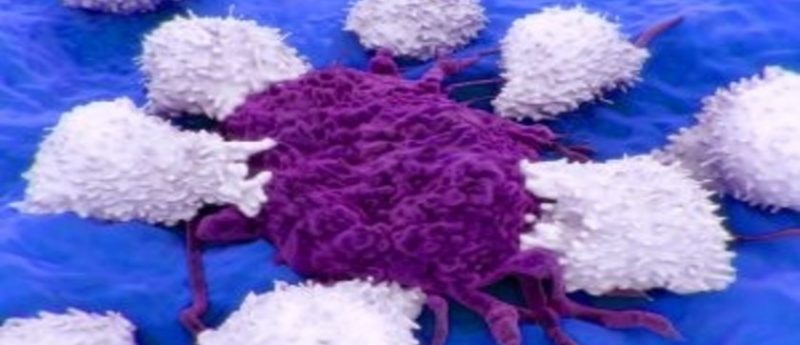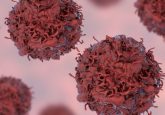Intratumor heterogeneity: predicting and preventing therapeutic resistance

Despite dramatic advances and widespread clinical adoption of genetic testing for the identification of interpatient genetic variation, treatment with targeted drugs and temporary effectiveness, these agents only prolong survival for a few months [1]. Recent data suggest that shifting from single biopsy-based testing to comprehensive intratumor diversity using next-generation sequencing (NGS) technologies could reduce tumor resistance to modern therapy. Could intratumor heterogeneity be used as a biomarker to predict primary tumor responsiveness and improve initial systemic treatment?
Genetic testing to identify a single mutated or amplified gene has been established widely in the clinic as a basis for personalized prevention or treatment strategies. Sequencing BRCA1/BRCA2 genes, mismatch repair genes (MLH1, MSH2, MSH6 and PMS2) and CDH1 guide prophylactic surgery of hereditary breast-ovarian cancer, colorectal (Lynch) and diffuse gastric cancer syndromes, respectively.
Click here to view the full article in Biomarkers in Medicine.




